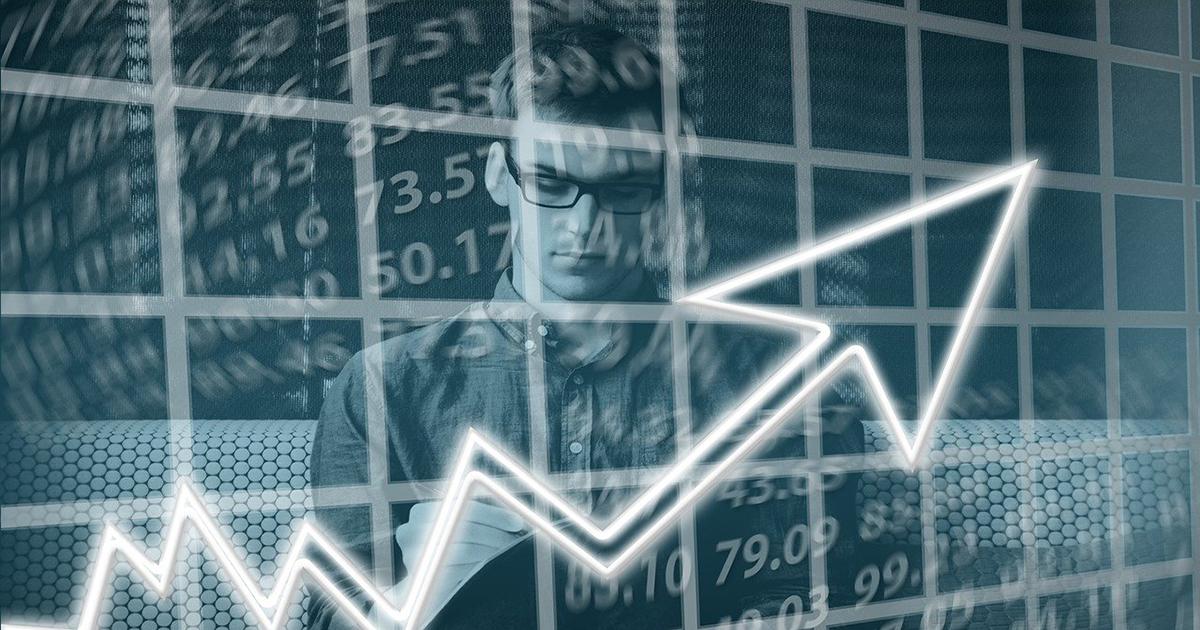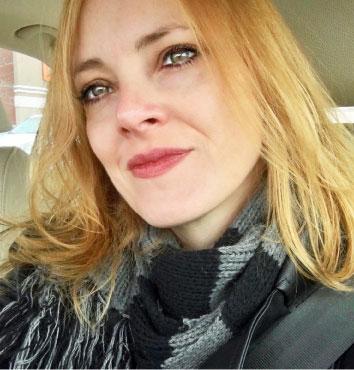More than 600 MPI members work in the financial and insurance sector that supports roughly more than 500,000 meeting industry-related jobs in the U.S.
Like other niches in the MICE world, those in financial and insurance have been hard-hit by the onset of COVID-19 and the decimation of the face-to-face environments that have historically underpinned business relationships.
We spoke with members of MPI’s Financial & Insurance Meeting Professionals community advisory board—Michelle Allgauer, SVP of education & engagement at Financial Services Institute, Inc.; Laura Crawford, national sales manager for Louisville Tourism; Cherry Kay Abel, director of sales for Visit Bastrop; and Allison Harris-Turk, managing partner at Harris-Turk Consulting—to gauge what this new frontier looks like for those in finance and insurance. Here’s what they had to say.
How has the financial and insurance world shifted with the onset of COVID-19?
Allgauer: All of our in-person meetings and business travel are currently on hold and we’ve all transitioned into a remote working environment. Since our industry is so heavily regulated, working remotely previously wasn’t a viable option. Our team, members and their clients have adopted technology into working well for all stakeholders. It’s really making everyone take a step back on the whole approach of how we worked and rethink how we want to engage in this “new normal.”
Crawford: Working to find solutions for virtual events. Also proving the importance of events to executive leadership.
Harris-Turk: We have had to postpone events, redesign them and rethink how to produce and execute. Pivoting a lot to virtual, of course. We’ve also had to reconsider how to engage and inspire our audience, our teams, our sponsors and our internal stakeholders. We’re taking on different roles and expanding the definition of “event planner” to include “emotional first-responders” and “environmental psychologists.” What I mean by this is I’m seeing organizations leverage event professionals’ unique creativity and experience-design skills to build rapid yet meaningful activations and virtual connections to help minimize the disappointment (and in some instances, the grief) we’re feeling when faced with a trip, event, product or business priority cancellation.
Have you found that the global lockdowns and time at home changed your overall approach to your current role, and perhaps, even your approach to professional development? How so?
Allgauer: Since we’re not able to hold in-person meetings, our focus has changed to virtual offerings. We’re taking webinars to the next level; we’re utilizing zoom to conduct meetings and continuing to experiment with the format on length and interactivity. The first two months being at home, a lot of time was spent cancelling and/or rescheduling meetings, researching virtual platforms, and attending numerous webinars to become educated on the current pandemic situation, risk, future contracting and how to plan meetings going forward.
Crawford: Yes, I’ve found there is more collaboration between meeting planners and suppliers, hotels and venues. I think everyone is being more honest about what they need in order to make something work, which is helpful for everyone. For professional development, I’ve attended more webinars that in the past—I’m participating in as many virtual events as possible to stay connected and to hear what’s going on amongst my peers.
Abel: Yes, I’ve had to take on considerably more work due to layoffs. I’ve taken a deeper look at our objectives and goals and have realigned them to what is really necessary in our time of crisis. Being at home hasn’t been an adjustment for me really, I’ve had a home office for a few years. However, a human being needs interaction with other human beings so that’s been the most difficult for myself.
Harris-Turk: Absolutely! In addition to being open to exploring how our event skills can transfer to other fields—in case we lose our jobs or our departments fold—we’re sharpening the event skills we think will remain relevant. The skills we think will serve as the face of our future. I’ve planned digital events for years, but I recognize that I do not and will not know everything and I need (now more than ever) a network of trusted professionals and suppliers who have been doing this at scale for some time now. As virtual events continue to become more and more of a selling, recruitment, learning, retention and engagement strategy for companies, staying on top of the hottest and most creative ways and trends to produce digital environments will be essential and a competitive advantage. And, lastly, as the event industry continues to examine issues of systemic racism, I’ve become much more intentional about seeking out and listening to Black event professionals. I have a lot to learn and am grateful for organizations like MPI who are connecting us to industry resources and opportunities that help us better support, elevate, and integrate Black-owned and diverse businesses and voices into every aspect of our event plans.
Thank you to Louisville Tourism, sponsor of MPI's Financial & Insurance Meeting Professionals community.



